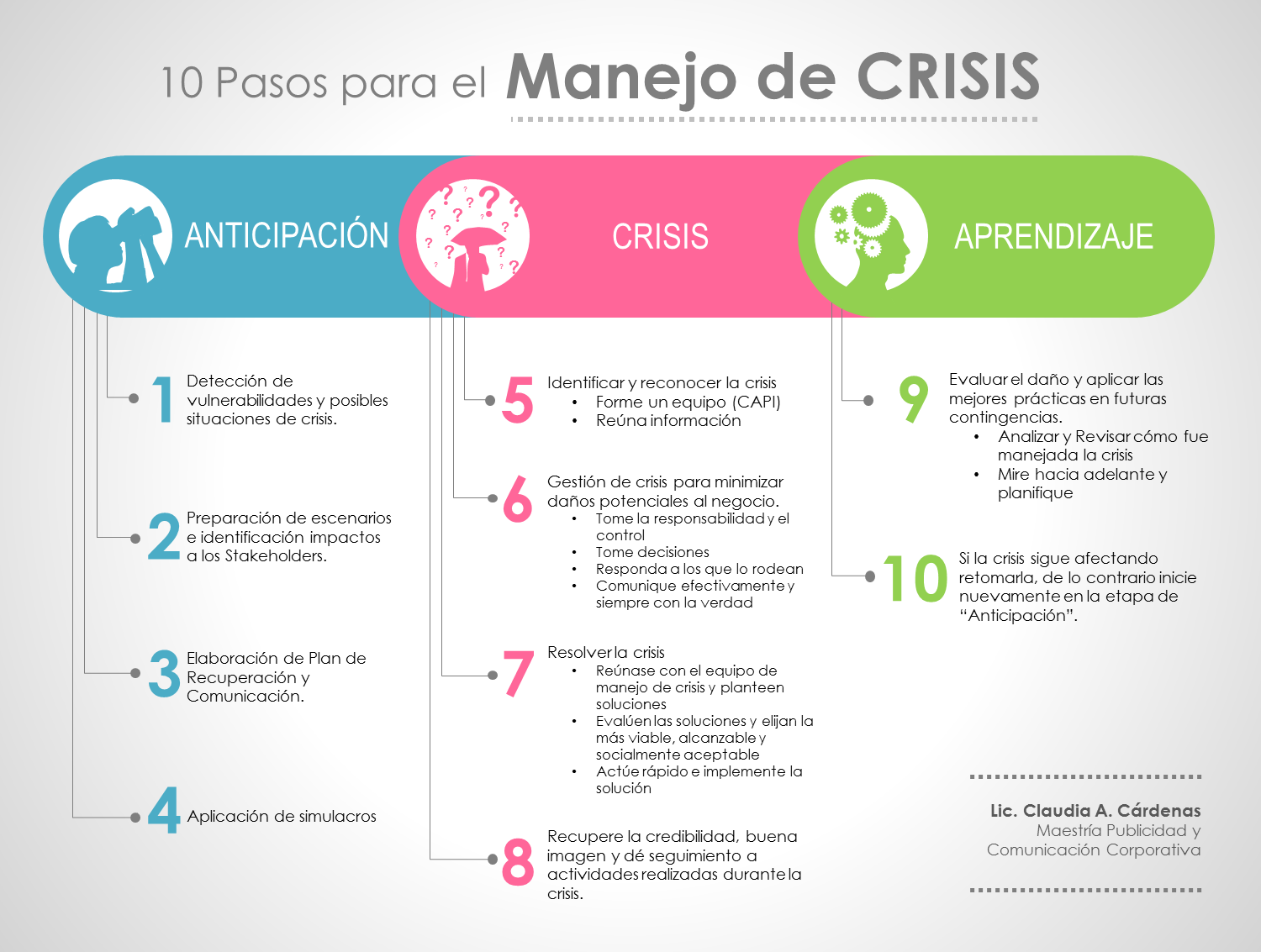Navigating Emotional Earthquakes: Understanding the Stages of a Psychological Crisis
Have you ever felt like the ground beneath you suddenly gave way? Like everything you knew and relied on was shaken to its core? Life can throw curveballs, leaving us reeling in emotional turmoil. These experiences, often referred to as psychological crises, can be incredibly challenging. Understanding the stages of a psychological crisis can be a lifeline, offering a roadmap through the storm and helping us navigate the path toward healing and recovery.
A psychological crisis, or emotional crisis, unfolds in phases, much like the aftershocks of an earthquake. While every individual's experience is unique, there are common patterns in the progression of these difficult periods. Recognizing these stages of emotional crisis management—from the initial shock and denial to eventual acceptance and integration—is crucial for both those experiencing the crisis and those supporting them.
The concept of stages in a psychological crisis isn't new. Mental health professionals have long observed that individuals tend to move through predictable emotional and behavioral patterns during times of intense stress. Understanding these phases of psychological crisis intervention allows for more targeted and effective support. It provides a framework for understanding the emotional rollercoaster and helps individuals feel less alone in their struggles. It emphasizes that these intense feelings are a normal response to extraordinary circumstances.
One of the most significant issues related to understanding the psychological crisis period is the stigma surrounding mental health. Many individuals hesitate to seek help during these times, fearing judgment or misunderstanding. This reluctance can delay or prevent access to crucial support and resources. It's important to remember that experiencing a psychological crisis doesn't signify weakness. It's a human response to overwhelming stressors. Seeking professional guidance is a sign of strength and self-awareness.
Understanding the typical phases of a crisis—impact, crisis, adaptation, and resolution—allows us to better anticipate the needs of someone struggling. In the initial impact phase, shock and disbelief are common. During the crisis phase, intense emotions like fear, anger, and sadness may surface. As the individual moves into the adaptation phase, they begin to develop coping mechanisms and regain a sense of control. Finally, in the resolution phase, they integrate the experience and move forward with newfound resilience.
One benefit of understanding these stages is that it provides a sense of hope and predictability. Knowing that these intense feelings are part of a process, and not a permanent state, can be incredibly reassuring. For example, someone struggling with grief after a loss might find comfort in knowing that the initial waves of intense sadness will eventually subside, making way for acceptance and healing.
Another benefit is the ability to identify helpful coping strategies for each stage. During the initial shock phase, practical support and grounding techniques can be beneficial. Later, as emotions intensify, therapeutic interventions like talking therapy can provide a safe space to process feelings. Finally, during the recovery phase, strategies for building resilience and preventing future crises can be explored.
A third benefit lies in empowering individuals to advocate for their own mental health. Understanding the stages of a crisis equips individuals with the language to articulate their needs to loved ones and professionals. It allows them to actively participate in their healing journey and make informed decisions about their care.
Advantages and Disadvantages of Understanding the Stages of a Psychological Crisis
| Advantages | Disadvantages |
|---|---|
| Provides a framework for understanding the experience. | Can oversimplify a complex and individual experience. |
| Offers hope and predictability. | May lead to self-diagnosis or misinterpretation. |
| Facilitates the development of tailored coping strategies. | Doesn't account for cultural variations in experiencing and expressing distress. |
Perhaps one of the most important tips for navigating a psychological crisis is to prioritize self-care. This includes getting enough sleep, eating nutritious foods, engaging in gentle exercise, and practicing mindfulness. Connecting with supportive friends and family can also provide invaluable comfort and strength during challenging times.
In conclusion, understanding the stages of a psychological crisis offers a powerful tool for navigating life’s inevitable challenges. By recognizing the phases of emotional upheaval, we can develop coping strategies, access appropriate support, and ultimately emerge from the crisis with newfound strength and resilience. Remember, seeking help is a sign of courage, not weakness. Reaching out to mental health professionals, trusted friends, or family members can provide the support and guidance needed to navigate the journey towards healing and recovery. Embracing the phases of a psychological crisis as a natural process of healing allows us to move forward with hope and embrace the possibility of post-traumatic growth.
Unlocking the secrets of ecology your guide to word search fun
Unlocking the power of poetry understanding the significance of its elements
Behind bars but not behind a curtain navigating the nyc prison system














